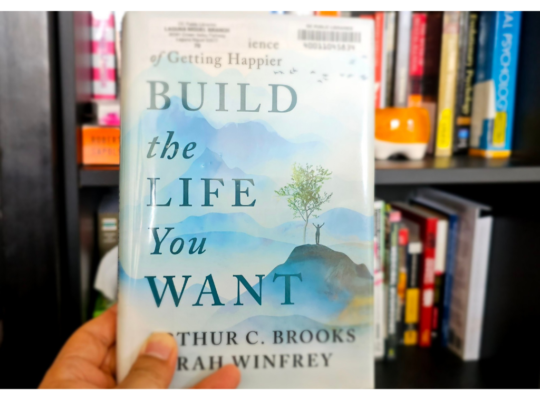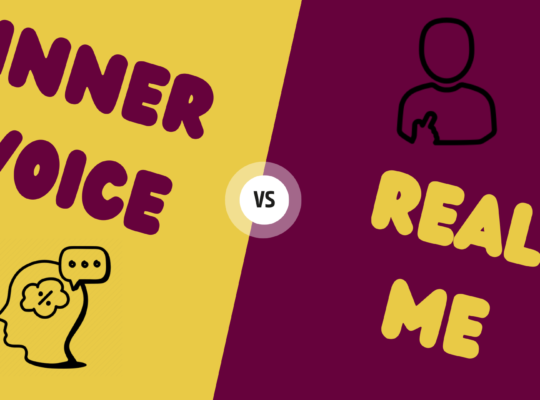Experience from South Korea, Canada, and USA
The journey of most immigrants can be quite challenging due to various obstacles encountered in a new country. However, the fundamental requirements, such as willingness and capability, are not significantly different from what they possessed in their home countries. Often, immigrants are unaware of the possibilities available to them. Having lived in North America (Canada and USA) since 2001, and have accumulated enough stories to fill a book. These stories primarily revolve around the hardships faced in financial endeavors, career pursuits, cultural adaptation, and numerous moments of self-disappointment. Nevertheless, I have finally achieved a six-figure income, a dream shared by many immigrants. I have also had the privilege of accessing valuable resources such as motivational books, seminars by influential speakers like Jack Canfield, Jim Ron, Tony Robbins, Brian Tracy, and Napoleon Hill, as well as studying topics like the evolution of Darwinism, philosophy, social and cultural psychology, and more. This exposure has cultivated compassion within me towards people in Africa, immigrants in North America, and even my home country of South Korea.
This compassion has motivated me to share with others the notion that our interpretation of situations and events psychologically influences the challenges and sufferings we experience. While it is true that humans sometimes instinctively react in certain situations, as evidenced by studies such as Philip Zimbardo’s prison experiment and Stanley Milgram’s electric shock research, we are also prone to biases stemming from preconceived notions. However, by cultivating awareness, we can mitigate these biases. Therefore, I have started my own motivational podcast on a Korean podcast hosting platform and built my own website, www.timothkong.com, to share various resources I can offer. I understand that this podcast alone may not drastically alter psychological behavior, as genetic evolution suggests that a mere 1% change would take approximately 10,000 years according to numerous genetic studies. Furthermore, research has shown that our psychological behavior is influenced by our individual genetic codes, exemplified by the well-known twin study conducted at the University of Minnesota. However, I firmly believe that even the smallest steps can lead us to great heights. If people demonstrate compassion towards the difficulties faced by others on a global scale and strive to extend help, our future generations will witness a transformation in our human species, which will subsequently impact all other species as well.
Every day, I dedicate myself to embodying compassion and engaging in profound contemplation about the sufferings of individuals. I write scripts for my podcasts, aiming to guide people on how to overcome their own struggles and attain happiness. Interestingly, this process has also helped me develop compassion towards my own personal challenges.
Having all said that I would like to finish with two quotes.
“Life’s most persistent and urgent question is, ‘What are you doing for others?” ― Martin Luther King Jr.
“Find the greatest need that you possibly can, and then go fill that need.” – unknown.
TK







